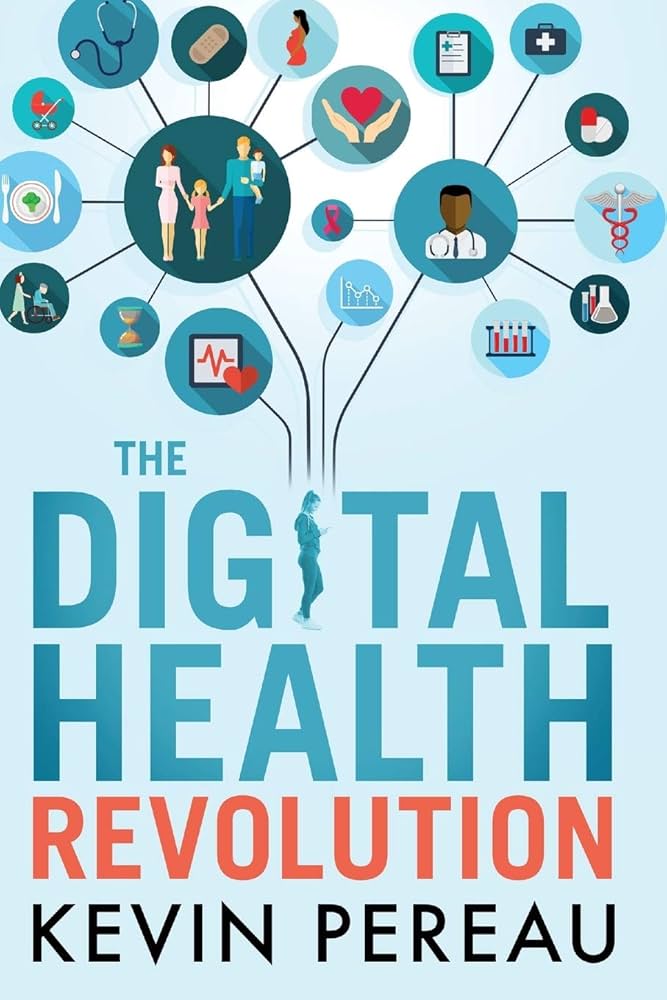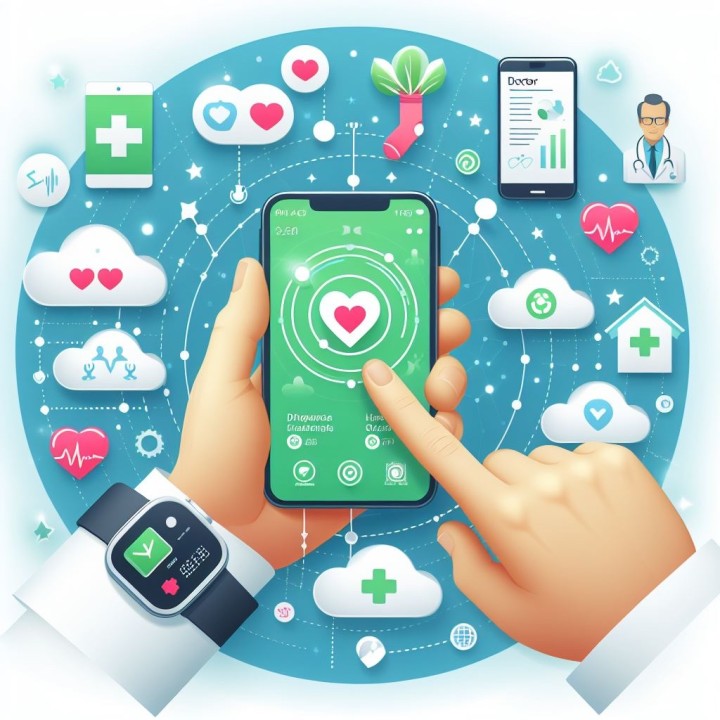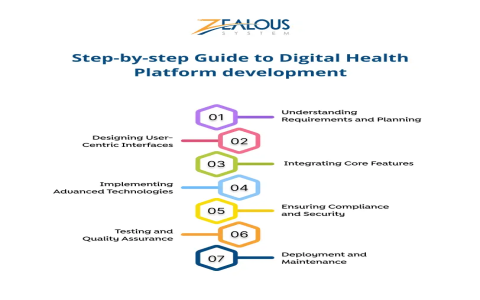In the dawn of the digital age, healthcare is undergoing a transformative shift, moving from a one-size-fits-all approach to personalized medicine. The digital health revolution is not merely about integrating technology into healthcare practices; it’s about leveraging data, artificial intelligence (AI), and wearable devices to tailor medical treatments and preventive measures to individual needs. This paradigm shift holds the promise of a healthier tomorrow, where early detection, precision treatment, and proactive health management become the norm.

One of the most exciting aspects of digital health is its potential to revolutionize preventive care. Traditional healthcare often focuses on treating diseases after they manifest. However, digital health tools enable early detection and intervention. Wearable devices, such as smartwatches and fitness trackers, can monitor vital signs like heart rate, blood pressure, and sleep patterns in real-time. AI algorithms analyze these data to identify patterns that may indicate potential health risks, allowing for early interventions that can prevent the onset of chronic conditions.
Moreover, digital health is personalizing treatment plans, making them more effective and less invasive. Precision medicine, a subset of personalized medicine, uses genetic information and other biomarkers to tailor treatments to individual patients. For instance, AI-driven platforms can analyze a patient’s genetic profile to predict how they might respond to different medications, guiding doctors in selecting the most effective and least harmful treatment options. This approach not only improves patient outcomes but also reduces the risk of adverse drug reactions and unnecessary medical procedures.
The digital health revolution is also democratizing healthcare access. Telemedicine, a form of remote healthcare delivery, allows patients to consult with doctors, obtain diagnoses, and receive treatment recommendations without physically visiting a healthcare facility. This is particularly beneficial in rural or underserved areas, where access to healthcare professionals is limited. By leveraging digital platforms, healthcare providers can extend their reach, offering medical services to a broader population.
However, the digital health revolution is not without its challenges. Data privacy and security are paramount concerns, as sensitive health information must be protected from breaches and misuse. Additionally, the integration of digital health tools into traditional healthcare systems requires significant investment and coordination. Ensuring interoperability between different digital health platforms and electronic health records (EHRs) is crucial for seamless patient care.
In conclusion, the digital health revolution is poised to transform healthcare, making it more personalized, proactive, and accessible. By leveraging data, AI, and wearable devices, we can move towards a future where healthcare is tailored to individual needs, diseases are prevented before they start, and medical services are available to all. As we navigate the complexities of this transformative shift, it’s essential to prioritize data privacy, ensure interoperability, and foster a culture of continuous learning and innovation in the digital health space. Together, we can pave the way for a healthier tomorrow.
















